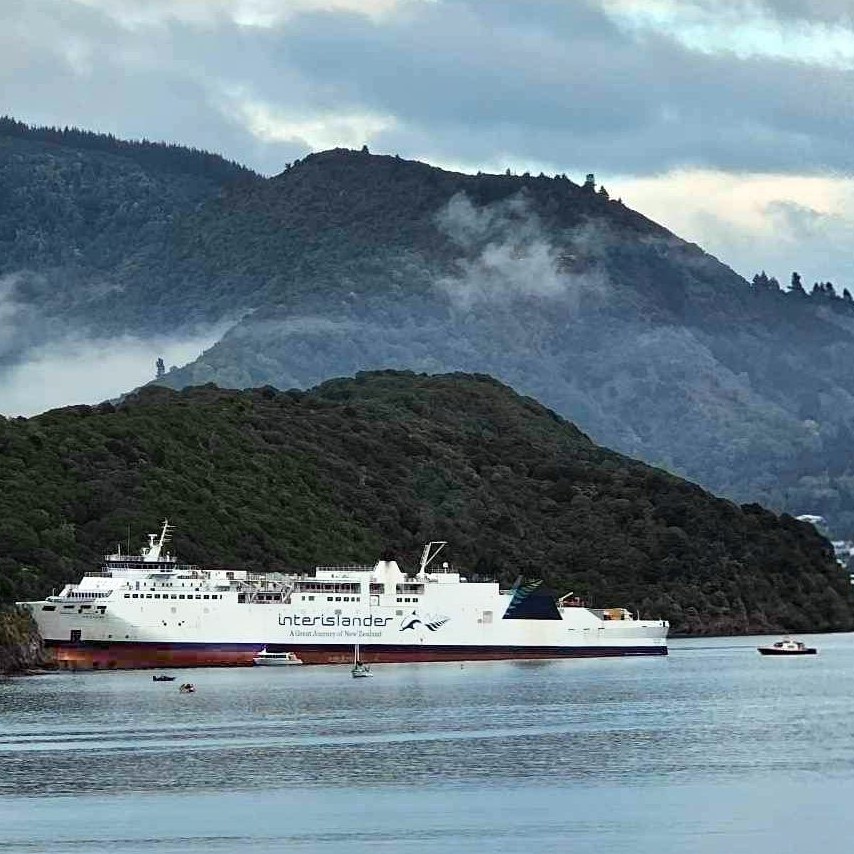
The Ministry of Transport’s surprise cancellation of a long-anticipated freight study has been slammed by national freight body Transporting New Zealand, who says it will leave policy-makers guessing when it comes to road, rail and coastal shipping investment.
BusinessDesk reported today that the Ministry of Transport has decided not to proceed with a new iteration of the National Freight Demand Study, despite having already sunk $164,000 on external advice relating to the project.
Previous Demand Studies looked at total changes in freight movement by mode (road, rail and coastal shipping), commodities transported, and the origin and destination of freight across different regions, and freight forecasts.
This included the insight that in tonnage terms, road freight accounted for 92.8% of the freight task, with rail and coastal shipping at 5.6% and 1.6% respectively as at 2017/2018.
Transporting New Zealand Chief Executive Dom Kalasih said that the cancellation of the project came at a critical time for New Zealand’s supply chain and transport system.
“At a time when we’re seeing reduced freight capacity across the Cook Strait, serious international trade uncertainty, falling rail volumes, and huge pressure on the National Land Transport Fund, we need to be making well evidenced investment decisions.”
“The Government is not going to meet its goal of doubling the value of exports in 10 years if they don’t have a productive multi-modal supply chain to move freight across the country.”
“With increasing pressure on the National Land Transport Fund, the Government needs to be targeting transport investment to where it will be most effective.”
Kalasih says that he understands there is pressure on the Ministry of Transport to make operational savings, but says that poorly evidenced transport investments will cost the Government far more than any costs of the National Freight Demand Study.
“Transporting New Zealand has consistently emphasised the of good quality freight data when we meet with Ministry of Transport. We highlighted the importance of an updated National Freight Demand Study in particular.”
“We’ve raised our concerns directly with the Ministry, and hope that the decision will be urgently reconsidered.”




